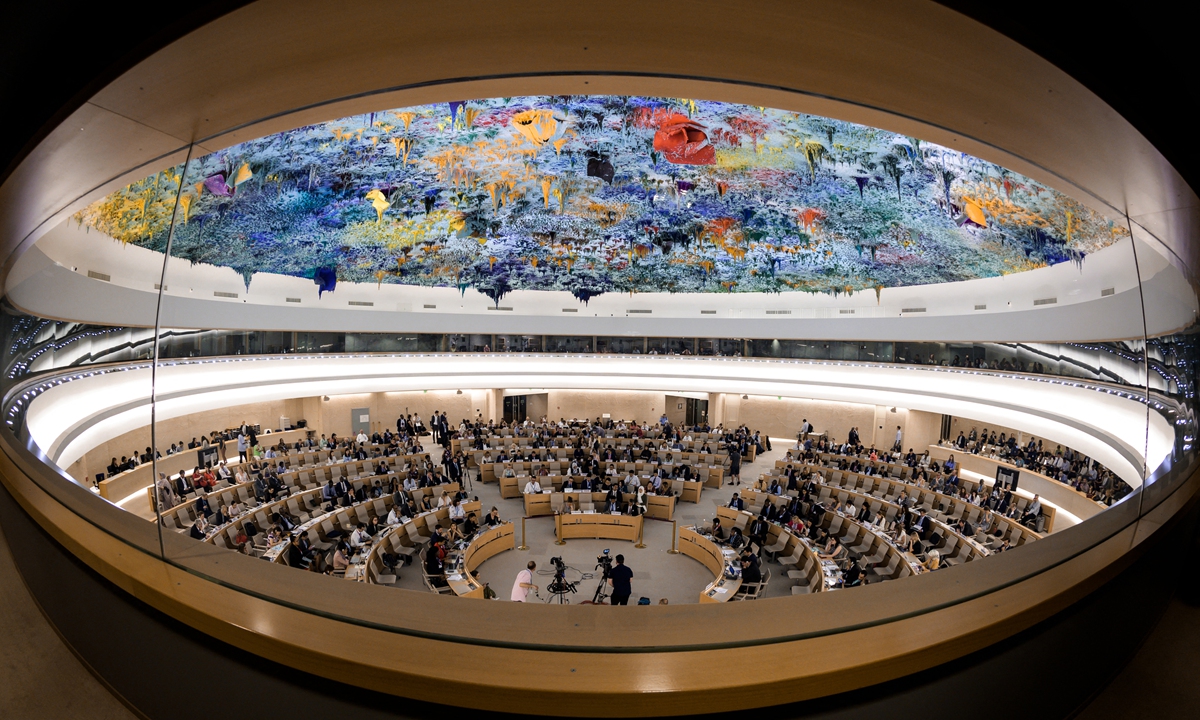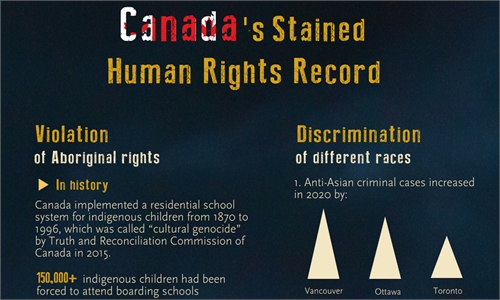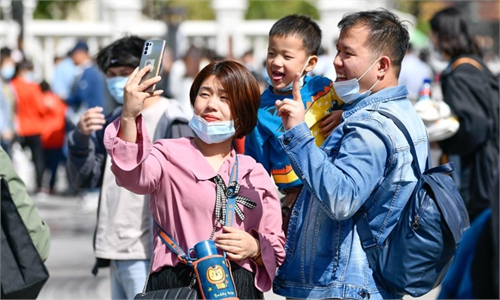Revelations show US pressured, split other countries for its anti-China campaign at UNHRC

The United Nations Human Rights Council assembly room. Photo: AFP
Stories on how the US pressured Israel to sign a joint statement to groundlessly accuse China of human rights violations in its Xinjiang Uygur Autonomous Region at the 47th session of the United Nations Human Rights Council (UNHRC) have been exposed in recent days, together with a senior politician of Bosnia and Herzegovina publicly condemning the country's foreign ministry for signing the joint statement without authorization.Observers said these details clearly show how the US has messed up with the UN human rights body and politicized human rights topics to pressure countries to join its anti-China campaign.
Israel is among countries that signed a joint statement read by the Canadian ambassador on the second day of the 47th session of the UNHRC on Tuesday to urge China to allow "immediate" access for "independent observers" to its Xinjiang region to investigate human rights violations.
On Wednesday, media unveiled stories behind the joint statement, saying that Israel's "rare move" to pick sides to accuse China was due to "pressure from US President Joe Biden's administration," Walla news reported.
According to the Walla report, citing Israeli and US officials, Israeli Foreign Minister Yair Lapid decided to accede to a request from the US State Department to back the joint statement, after a long debate in the Foreign Ministry about possible fallout from the move.
Israel's move, which is a shift from its previous policies, signals changes toward China. Reasons behind this include pressure from the US and Israel's new prime minister Naftali Bennett's attempt for closer ties with the Biden administration, Ding Long, a professor from the Middle East Studies Institute of Shanghai International Studies University, told the Global Times.
The anti-China sentiment has also increased in Israel due to China and other countries' support of the Palestine people. But the fact is China's stance on the conflict between Palestine and Israel has never changed and all its opinions are made in accordance with international laws and agreements with Israel. "It is Israel that has changed its policies toward China," Ding said.
Bosnia and Herzegovina was also among the signatory countries. But soon after the joint statement was released, Milorad Dodik, Chairman of the Presidency of Bosnia and Herzegovina, made a statement condemning its foreign ministry for "illegal" accession of the joint statement that smears and attacks China.
Dodik said that he supports China's activities in safeguarding sovereignty and integrity. The Presidency of Bosnia and Herzegovina did not authorize the accession and therefore its foreign ministry has no right to sign any joint statement on China's human rights.
The move of the foreign ministry violated the country's laws and constitution and severely damaged ties with China, which is unacceptable, the chairman said.
The stories behind the US-led statement on hyping Xinjiang topics showed that allegations on China's Xinjiang have become political actions that are far from legal questions.
"The US has brought its long-existing double standards on human rights to the international multilateral platforms and hijacked many countries. Its political practices have not only poisoned the environment at the UNHRC, but also deflected the public's attention from real human rights issues that need to be addressed to political confrontations," Wang Jiang, a research fellow at the Institute for Frontier Region of China, told the Global Times.




